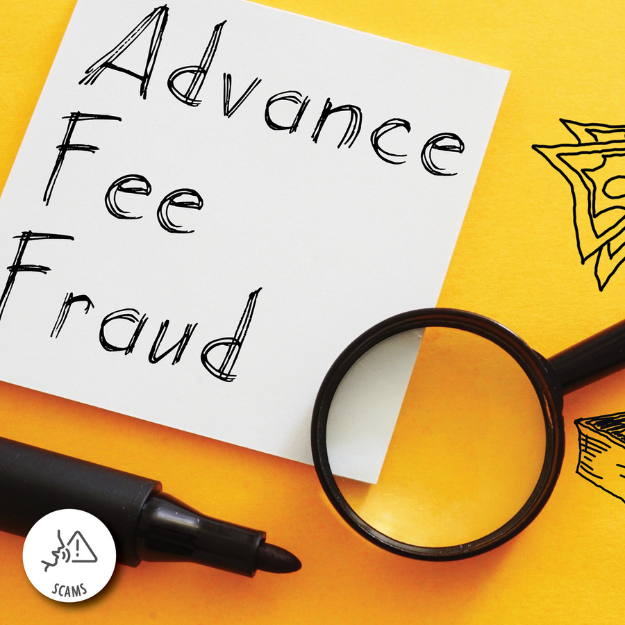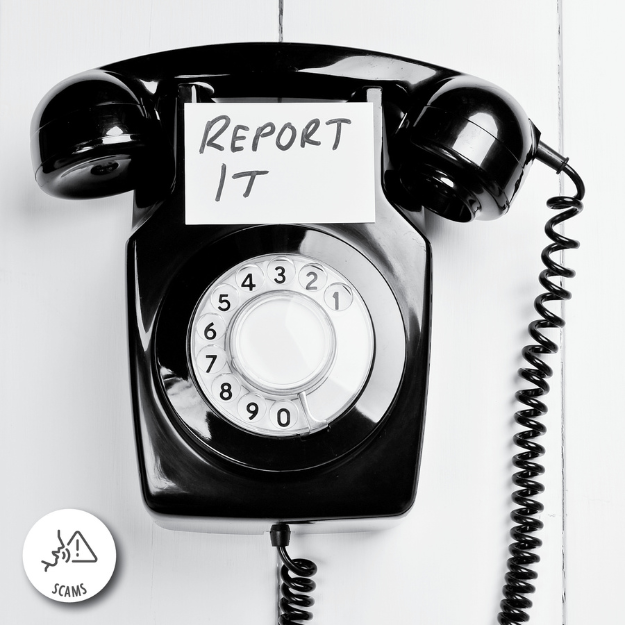Summer Entertaining on a Budget
Summer is the perfect time to gather with family and friends to enjoy warm weather, but all that hosting can come with extra costs. Fortunately, you can have your party, and your budget, too. Here’s how to host the best gatherings this season without draining your wallet.
Plan ahead
Start by creating a guest list and deciding on a theme or menu. This will help you stay focused and avoid last-minute impulse buys.
Keep it simple
Keep your menu simple and focus on a few crowd-pleasing dishes that can be prepared in advance. Of course, you can always go for a barbecue in the summer, and grill your proteins and veggies on the spot.
Host a potluck
If you want to host another dinner, but you don’t want to cook for it, have a potluck. Divide your menu and have each guest bring one dish along for a varied meal that’s easy and inexpensive for everyone.
DIY décor
Get creative and make your own decorations using items you already have at home or inexpensive materials from a dollar store. You can use fresh flowers, candles, Mason jars or colorful tablecloths to add a festive touch to your outdoor space.
Choose budget-friendly beverages
Save money by serving budget-friendly beverage options like homemade sangria or signature cocktails. Consider shopping at discount stores or keep it dry and stick to refreshing non-alcoholic beverages.
Take it outside
There’s no need to book a venue when the weather is gorgeous outside. Take advantage of your outdoor spaces and host your gathering in your backyard or out on your patio. You can also have your party at a local park or scenic waterfront.
Shop smart
Shop discount stores, warehouse clubs, or dollar stores for affordable party supplies, decorations, and disposable tableware. If you’ll be hosting often this season, consider buying in bulk to save even more.
Get creative with entertainment
Entertainment doesn’t have to cost a fortune … or anything, actually! Get creative with budget-friendly options like backyard games, DIY photo booths or even just a playlist of your favorite tunes. Encourage guests to bring their own games or sports equipment to add to the fun.
Let those savings sizzle!




